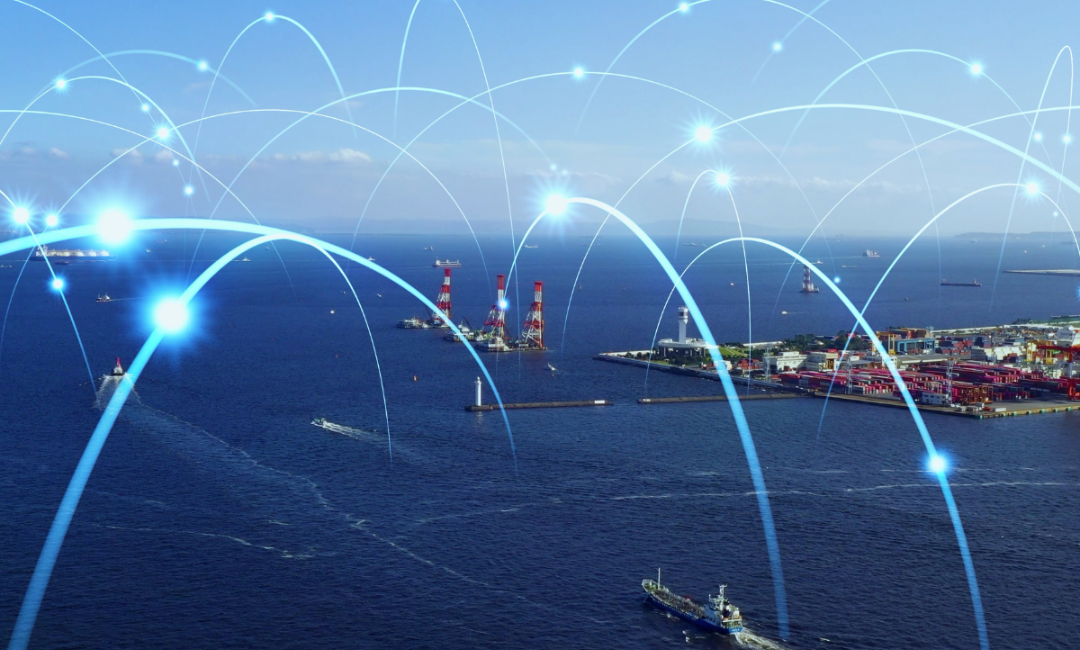Maritime shipping plays a crucial role in the global economy, accounting for approximately 90% of international trade. Its efficiency is vital not only for the smooth operation of supply chains but also for ensuring their sustainability and resilience. Here’s why efficient maritime shipping is essential:
Environmental Sustainability:
Efficient maritime shipping reduces fuel consumption and greenhouse gas emissions, which are critical for mitigating climate change. By optimizing routes, using cleaner fuels, and adopting energy-efficient technologies, the shipping industry can significantly lower its carbon footprint. Sustainable practices in maritime shipping contribute to the global effort to reduce environmental impact, aligning with international environmental agreements and regulations.
Cost Efficiency:
Shipping transport is the cheapest mode of transport particularly in the long-distance mode. Prevention of delay, driving the maximum use of cargo space, and avoiding lengthy turnarounds are measures that can lead to cost savings. These savings could be transmitted down the supply chain thereby increasing the supply, making goods more affordable for consumers and enhancing the competitiveness of businesses.
Supply Chain Resilience:
Global supply chains are highly interconnected and dependent on timely and reliable shipping. Disruptions in maritime logistics, such as port congestion, delays, or accidents, can have a ripple effect across the supply chain, leading to shortages, increased costs, and delayed deliveries. Effective transportation plays a pivotal role in ensuring that goods are delivered within the required time hence guaranteeing the stability and flexibility of the supply network, particularly during difficult times.
Economic Stability:
Most countries especially those which engage in exports largely depend on maritime shipping for their economy. Efficient shipping thereby enables these economies to grow by facilitating the smooth flow of products to international buyers. This not only benefits the local economy but also enhances the world economy and stability.
Global Connectivity:
Efficient maritime shipping improves global connectivity by bringing manufacturers and consumers together across continents. It enables countries to get resources, raw materials, and finished goods that are not readily available locally, thereby encouraging international trade and collaboration. This connectivity is important to the proper running of global supply networks and the economic prosperity of both developed and developing countries.
Innovation and Technological Advancement:
The strive for efficiency in maritime shipping encourages innovation and the use of new technologies. From automation and digitization to the use of big data for route optimization, these developments improve transportation efficiency while lowering costs and environmental effects. Furthermore, maritime logistics innovation has the potential to drive broader technology improvement across global supply chains.
Conclusion:
Efficient maritime shipping is essential for sustainable and robust global supply systems. It promotes environmental sustainability, cost efficiency, supply chain resilience, economic stability, global connection, and technical innovation, all of which contribute to the overall objective of sustainability. As the globe faces new concerns such as climate change and economic uncertainty, the significance of efficient maritime shipping cannot be stressed.
For businesses seeking reliable and efficient maritime logistics solutions, NORTH SEA AGENCY is a trusted partner. Their commitment to sustainability and innovation makes them an ideal choice for enhancing your global supply chain.

